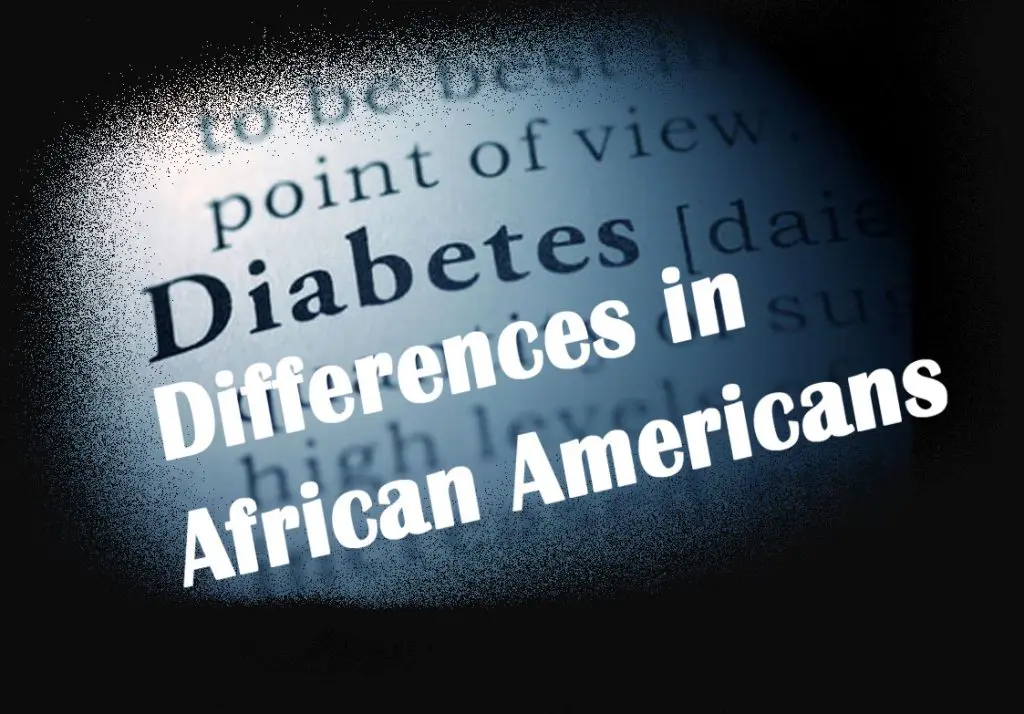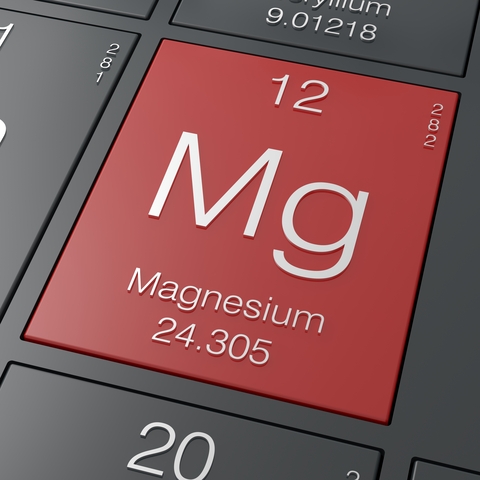9 out of 10 Older Black Adults Have Low Magnesium
Minerals like magnesium are vital to maintaining good health, and magnesium specifically plays a key role in controlling diabetes and promoting healthy blood vessels. Unfortunately, many people are not aware of the importance of minerals in their diet. Every organ in the body, especially the heart, muscles, and kidneys, needs magnesium to function at its best. Magnesium also contributes to the makeup of teeth and bones. Magnesium activates enzymes, contributes to energy production, and helps regulate levels of calcium, copper, zinc, potassium, vitamin D, and other important nutrients in the body. In short, a good magnesium level is essential for good health, but 9 out of 10 of older Black Americans have low magnesium levels.
Magnesium Deficiency Leads to Diabetes, Heart, and Kidney Problems

Studies have found that African Americans are at a higher risk for diabetes, high blood pressure, heart disease, and kidney problems, and a lack of magnesium in their diet can worsen these conditions. In fact, due to their increased risk, African Americans require more magnesium than other groups, and a deficiency in this mineral can contribute to poor diabetes control. Additionally, many of the health conditions associated with magnesium deficiency occur more frequently among African Americans. For example, diabetes is up to three times more common in people of African or Afro-Caribbean origin, and they are also at a greater risk for hypertension, osteoporosis and fractures, and frailty. Given this, addressing racial inequalities in vitamin and mineral deficiencies should be a health priority, and magnesium supplementation in African Americans at risk of deficiency could help reduce established health disparities.

Poor Energy Too?
In addition to its role in controlling diabetes and promoting healthy blood vessels, magnesium is also important for muscle function, energy production, and healthy aging. A deficiency in magnesium can lead to problems such as memory loss, weak muscles, and even broken bones. To prevent these health issues, it is recommended to include magnesium-rich foods or supplements in your diet. For example, taking GNetX Sequence Multivitamins for African Americans, which has added magnesium, might help control diabetes, keep blood vessels healthy, and reduce the risk of heart attacks, kidney problems, and strokes.
But PLEASE don’t stop taking your prescribed medication for diabetes or high blood pressure because you started a multivitamin . . . you still need your medicine too. Multivitamins are a way to improve your daily nutrition intake and optimize your health, not correct or cure a disease.












